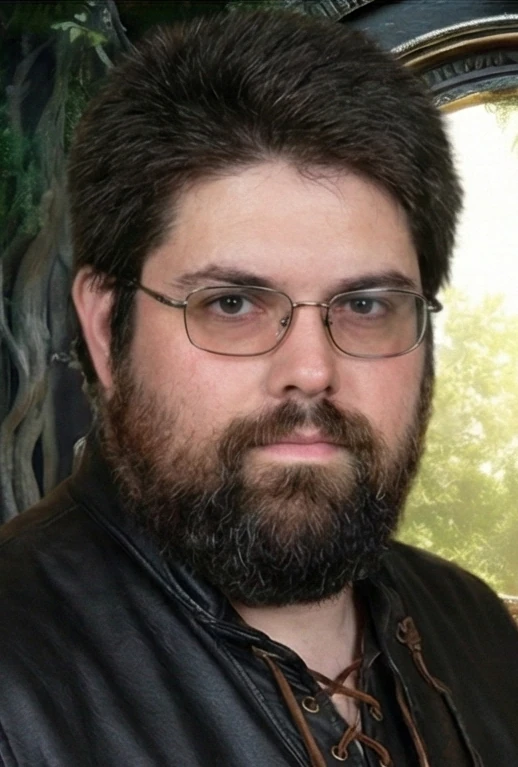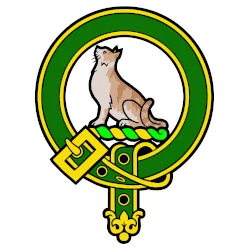The Protector's War
Nine years after Dies the Fire, an unsteady truce reigns over western Oregon. Mike Havel’s Bearkillers and Juniper Mackenzie’s Wiccan clans, along with some other loose federations, are strong enough to have prevented the despot Norman Arminger from overruning them - so far. Occupying the rich farmlands south of Portland, these groups have quickly adapted to life after the Change, and have thriving societies with bustling economies.
Their cultures are starting to take root, too - the younger generations know nothing of gunpowder, electricity, or gasoline beyond stories from the adults. Most members of the Mackenzies have converted to the Wiccan religion, even though tolerance is still upheld as valuable anywhere outside of the Protector’s territory. The Bearkillers are finding more and more of J.R.R. Tolkein’s fictional traditions woven into their lives, even the elven language itself, thanks to a couple of young die-hard fans.
The Bearkillers and Mackenzies have their share of minor problems, both internal and external, but they’re worried about the threat from Portland, because Arminger will never leave them in peace. To spice things up, a ship from Tasmania lands near Portland bearing some new characters. This book is not aptly named, as it covers events that are leading up to the showdown that will be the conclusion of the series, but not the war itself.
Stirling’s descriptive writing of the Oregon countryside and the beautific settlements the main characters have created within it are nice, but sometimes painfully slow. I appreciate an author taking the time to describe the setting in detail, but something needs to be happening during those descriptions. I found myself skimming over them to get to the meat of the story. Passages about the technological developments spark interest, and of course the conflicts between the primary forces in the book are always fascinating.
The Wiccansim and Tolkeinism gets laid on a little thickly - it comes across as somewhat cheesy at times (imagine a 25-year-old woman pointing to a hang glider she has just sighted and calling out, “Nazgul!” as a warning). Flaws aside, this is an entertaining read, and the sheer speculation involved in a drastically Changed world will keep you turning pages.


